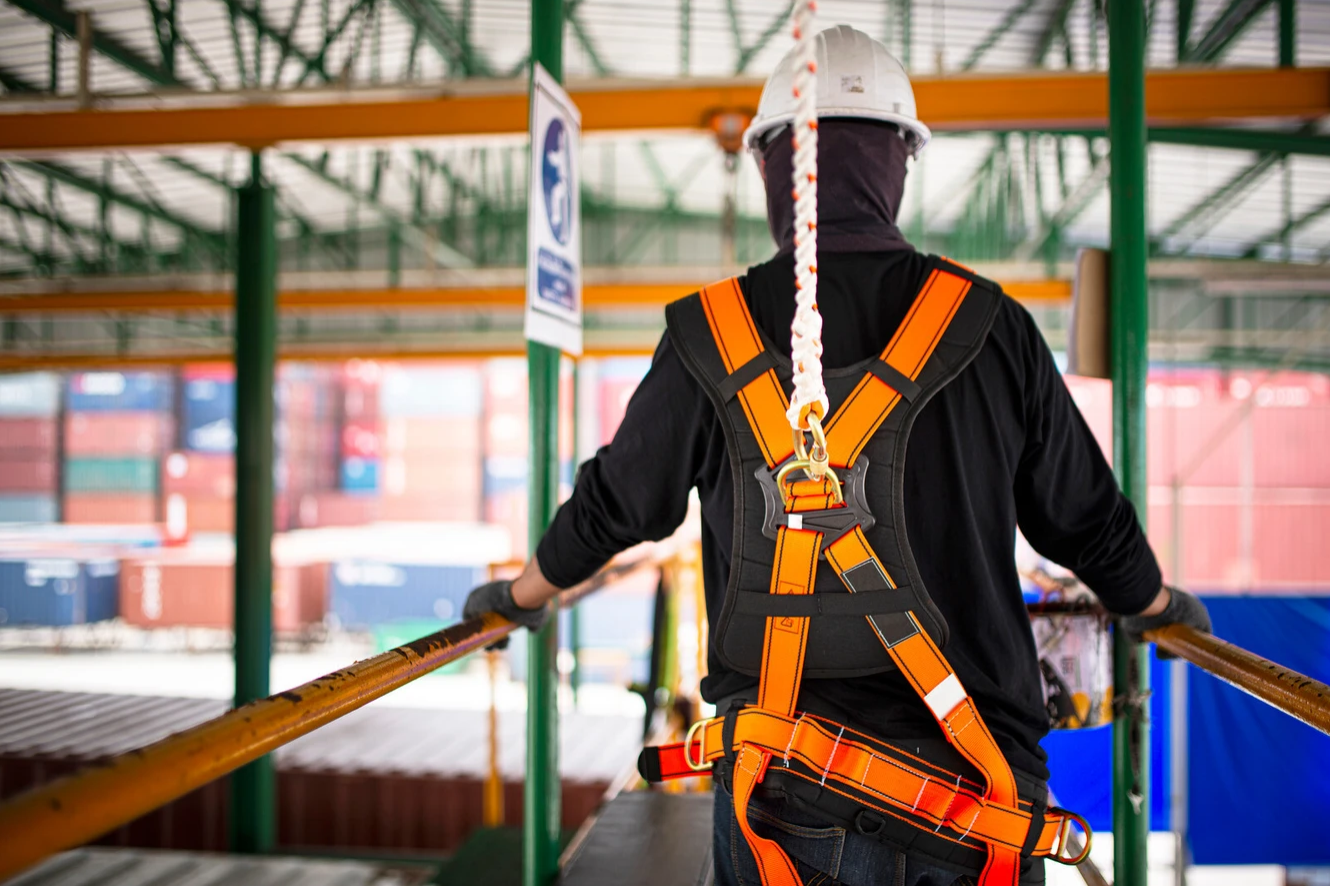While Guyana’s Occupational Health and Safety Act provides a foundation, more specific regulations are urgently needed to protect workers, according to Paul Cribby, Guyana Program Manager at LearnCorp International (LCI).
Speaking in a September 23 interview with OilNOW about the rollout of LCI’s safety training program, Cribby stated that laws must evolve alongside industry growth. “Guyana has a good, sound Occupational Health and Safety Act. However, Guyana does not have a lot of regulations yet under that,” he said.
With Guyana now established as one of the world’s fastest-growing oil producers, the stakes for workplace safety are higher than ever. Cribby said that without modern regulations, the risks facing workers in high-hazard environments will continue to increase.
He highlighted working at heights as one of the most pressing gaps. “As of now, there’s no regulation. Yes, there’s a reference in the Act that employers must identify hazards and protect the workforce. However, there’s no regulation that says, okay, above three meters, fall protection practices have to be implemented. That is a critical first step.”
Cribby explained that regulation alone will not solve safety issues, but it is necessary to set minimum standards. “Legislation will never be the full answer, and you’ll never have enough safety officers to fully regulate if the companies don’t comply. However, that’s a critical first step.”
World’s first offshore safety technology deployed in Guyana | OilNOW
He added that LCI is engaging regulators and companies to align expectations.
Cribby called the present period a “Step Change” for Guyana, a turning point where health and safety standards must advance alongside the country’s growing oil sector. He noted that it is the younger generation now entering the industry who will “have to buy in and practice this newer approach to safety”, making their role critical to lasting change.



